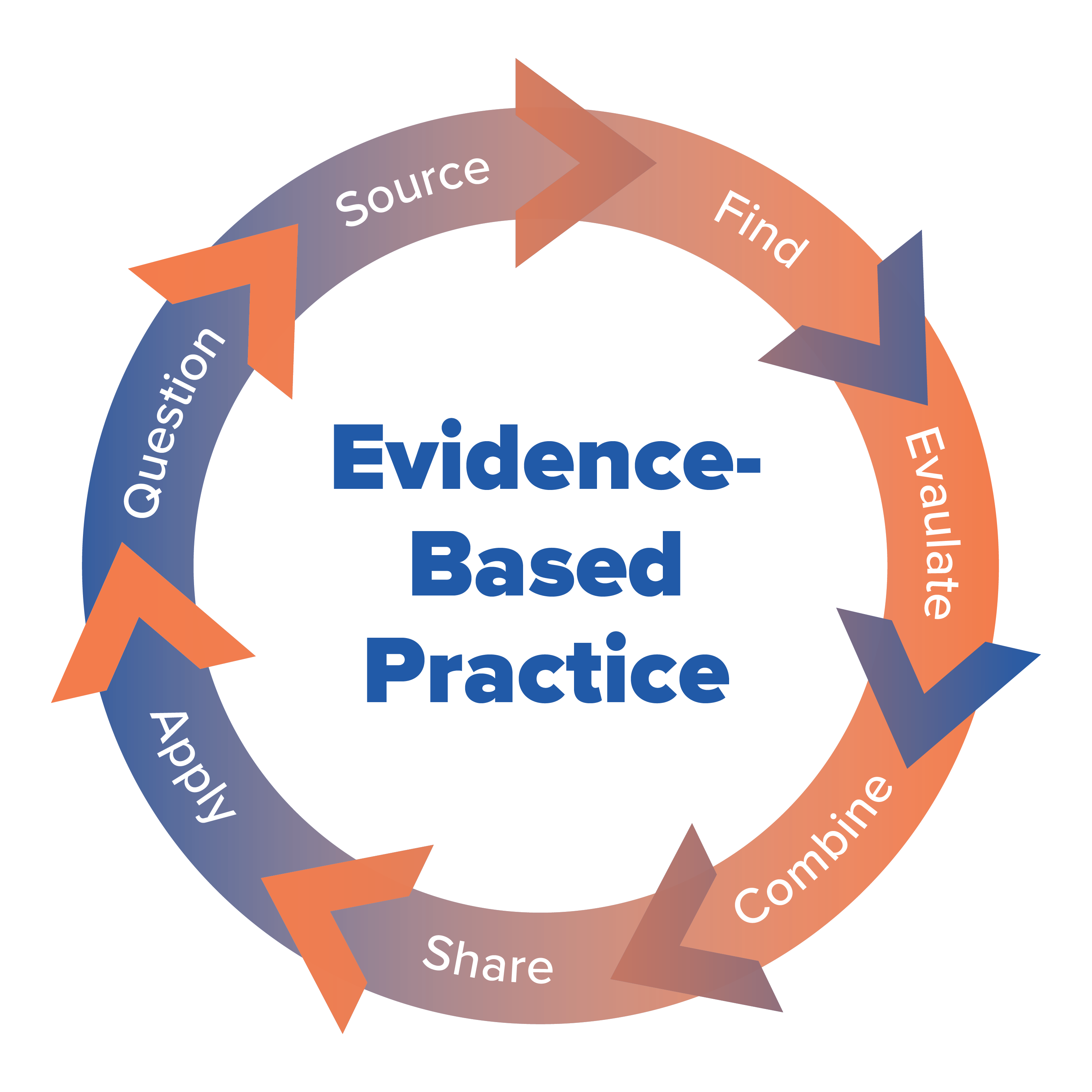January Newsletter | Evidence-Based

"Evidence-Based" vs "Research-Based". Decoding Special Education Terminology
As professionals in the education field, we run into buzzwords daily. Words like evidence-based, fidelity, and capacity-building pepper our work, sometimes in abstract and theoretical contexts. These terms—and the concepts they represent—can be challenging to define.
So, we’re demystifying two common buzzwords to help unpack the theories around them. Finding simple ways to define these terms can help your team get on the same page—especially when it comes to communicating about students’ educational plans. Continue reading to learn more, and don’t miss the free supports at the bottom of the article.

Evidence-based
Evidence-based refers to a practice or curriculum based in rigorous peer-reviewed scientific research. Evidence-based practices have gained attention, as both the Individuals with Disabilities Education Act (IDEA) and the Elementary and Secondary Education Act require schools to use practices based on rigorous research to the greatest extent possible. Schools now adopt educational curricula that have been systematically evaluated and are founded on sound research and high-quality data.
The STAR Program and Links Curriculum are examples of evidence-based practices. Founded on research-validated methods investigated for over 40 years, our practices are backed by both the National Professional Development Center (NPDC) as well as the National Standards Project. Want to learn more about how the STAR Program and Links are evidence-based? We break it down here.
Our remote learning system, SOLS, similarly integrates the recommendations for best practices from the current literature and relies on evidence-based strategies to guide assessment and instruction. Read more about it here.
And how is that different from research-based?
Evidence-based practices and research-based programs are terms that get thrown around interchangeably, when the two are actually quite different. Evidence-based practices are strategies for teaching that have been tested and proven to be effective. Find the evidence-based practices that have been identified by the NPDC and the National Standards Project as best practices for students with autism here. Conversely, research-based programs are specific programs or curricula, rather than strategies, that have been shown through research to work well for a particular population. Specifically, this means that the actual content being taught has been shown to be effective in supporting student learning outcomes.
Why it all matters
We try to ensure that all our curricula and resources are evidence- and/or research-based. Our Home Supports include different printable or downloadable materials, such as token boards and our First-Then template, to help students and families in implementing skill-building from home. With these resources, we are setting our students and families up for success no matter the learning environment.
Decoding these and other buzzwords in our field is helpful for both understanding the value of the terms as well as communicating by using a common language. We will be breaking down other buzzwords in special education throughout the year. Interested in learning more about what evidence-based means for you and your school or district? Let us know!

